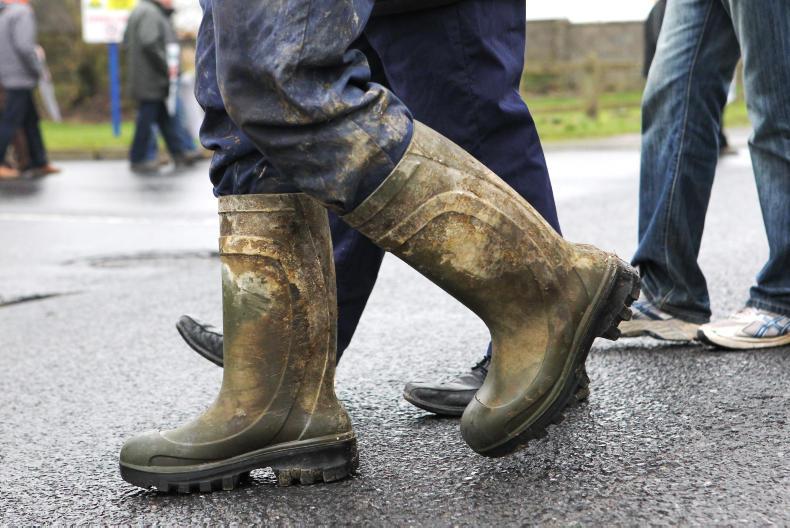The EU is extremely important for Britain’s agricultural trade, according to IFA economist Rowena O’Dwyer. Seven of the top 10 countries for UK food exports are in the EU, while nine of the top 10 countries for the UK’s food imports are in the EU.
“There is no provision for Ireland to negotiate a special agreement for trading with Britain in the event of a Brexit,” said O’Dwyer, speaking at the IFA’s Brexit briefing in Dublin on Wednesday. “The risks are clear, but quantifying them is difficult. Primary trade between North and South, the issue of EU and non-EU approved ingredients and how they would be labelled and marketed is of real concern.”
The UK has a high-value market that continues to grow, and if it leaves the EU, a drop in Irish exports of between €150m to €800m can be expected. The problem is more the “opportunity cost of them leaving”.
Not only are there other issues surrounding animal health and the EU budget (to which the UK contributes €8bn annually) in the event of a Brexit, but also energy supply.
“Ireland imports 89% of oil products and 93% of gas from the UK,” said O’Dwyer, highlighting that the longer-term plan to connect Ireland to the internal EU market will have to bypass the UK.
Back door for Mercosur
“The one word we keep hearing is ‘uncertainty’ but that has already hit us since the referendum was announced,” said Philip Carroll from Meat Industry Ireland, referring to the recent volatility in the euro-sterling exchange rate.
“But the biggest uncertainty is the result of the referendum. Where will the UK go to source other protein products in a post-Brexit scenario? It is a back-door opportunity for Mercosur.”
Concerns raised will be more acute for the Irish mushroom sector, such is the level of exports to the UK, according to Martin Heraghty from CMP.
“It’s already eroding margins with fluctuations in the exchange. A lot of developments in the mushroom sector are driven by the EU producer organisations and the very operation of them will be called into question in the event of a Brexit,” Heraghty said.
The protest vote
“It’s not coming at a great time for agricultural people, because their thoughts are ‘could it get any worse?’ The fear is that it’s more of a protest vote than anything else,” IFA president Joe Healy said.
He added that the UK represents our “most important agri-food export market, accounting for over 40% of Irish agricultural exports. It is the destination for over 50% of our beef, 60% of our cheese, €350m worth of pigmeat exports and 80% of our mushroom exports.”










SHARING OPTIONS